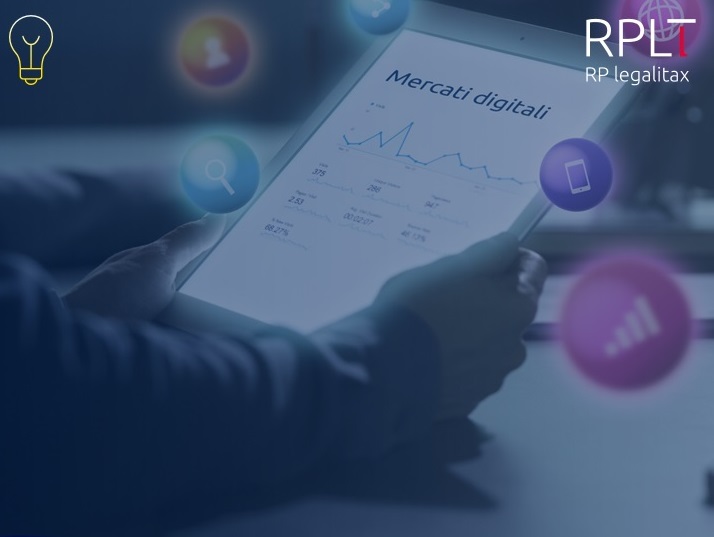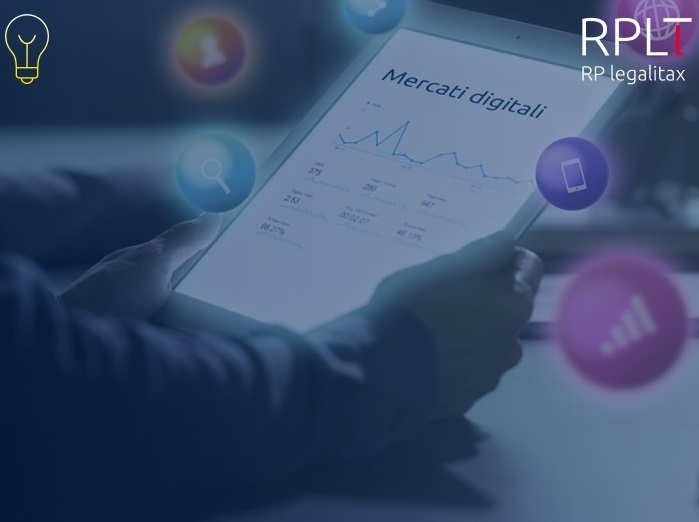Digital Platforms and Markets Updates: the latest news from the European Commission | #4

Digital Platforms and Markets: a review of the latest updates from the European Commission
Digital Services Act: the Commission requests information on illegal content and child protection from Pornhub, XVideos, and Stripchat (June 13, 2024)
The Commission has asked the platforms to provide detailed information on the measures taken to assess and mitigate risks related to the protection of minors online, as well as to prevent the spread of illegal content and gender-based violence.
Additionally, the Commission requested further details:
- on the age verification mechanisms adopted by adult sites;
- on the internal organizational measures adopted to ensure compliance with the DSA, which requires very large online platforms to establish independent and sufficiently staffed working groups with access to the company’s top executives to properly identify and report systemic risks.
Pornhub, Stripchat, and Xvideos must provide the requested information by July 4, 2024, and may be subject to sanctions if they provide inaccurate, incomplete, or misleading information.
Digital Services Act: an agreement between the Commission and Australia to support the enforcement of social media regulations (June 11, 2024)
On June 11, officials from the Commission responsible for enforcing the DSA signed a memorandum of understanding with the eSafety Commissioner, the independent regulator for online safety in Australia.
The EU and Australia have intensified contacts on areas of common interest such as digital platforms, data, artificial intelligence, and cybersecurity. The agreement will support the supervisory activities of the Commission and the eSafety Commissioner regarding online platforms. The cooperation covers areas such as transparency and accountability of online platforms, risk assessment and mitigation, especially concerning illegal content, algorithms, and artificial intelligence, as well as measures such as age-appropriate design and age verification to protect minors online; it will involve mutual information exchanges, expert dialogues, and joint technical staff training.
Effective and active cooperation with international partners is essential to creating a safe and reliable online environment. In this regard, a similar agreement was signed on May 16, 2024, with OfCom, the UK media regulator.
Open Data Directive: new EU rules make high-value data sets available to fuel AI and data-driven innovation (June 10, 2024)
On June 9, 2024, new rules regarding the availability of more public data sets for reuse came into force. These “high-value data sets,” as defined in the DSA, contain information on six thematic areas: geospatial, earth and environmental observation, meteorology, statistics, business, and mobility.
The implementation of these provisions can generate significant social and economic benefits by fueling new innovative products and services, such as the application development of AI systems.
The official European data portal is the most important resource available to users for accessing open data. It includes over 1.7 million data from EU agencies and institutions, as well as from Member States; the data sets will be available for free in machine-readable format. Further information on how to access open data is available in the Open data and high-value data sets: step-by-step access guide.
Digital Services Act: the Commission takes a position on LinkedIn’s announced measures on targeted advertising (June 7, 2024)
The European Commission acknowledges LinkedIn’s decision to completely disable the feature that allows advertisers to target users with ads based on their membership in groups on the platform.
LinkedIn’s intervention follows an information request from the Commission to verify the compliance of this feature with the DSA following a complaint from several organizations. According to the complaint, through this feature, LinkedIn may have provided advertisers with the possibility to target LinkedIn users on the basis of particular categories of personal data such as racial or ethnic origin, political opinions, religious or philosophical beliefs, or trade union membership. Had it been confirmed, this could have constituted a violation of the prohibition of targeted advertisements based on special categories of personal data laid down in the Regulation.
Press releases from the European Commission and related official documents can be consulted at this address.






